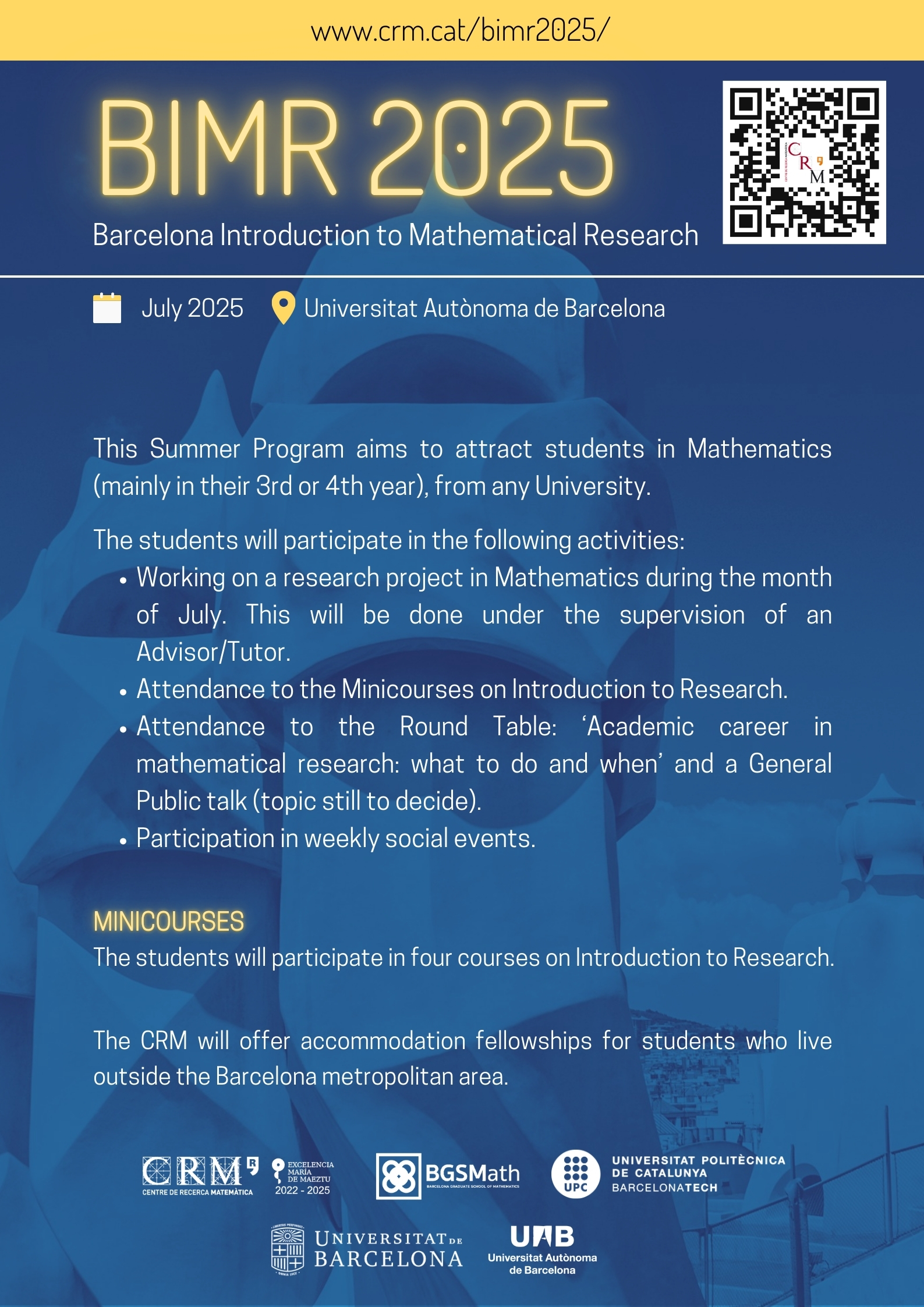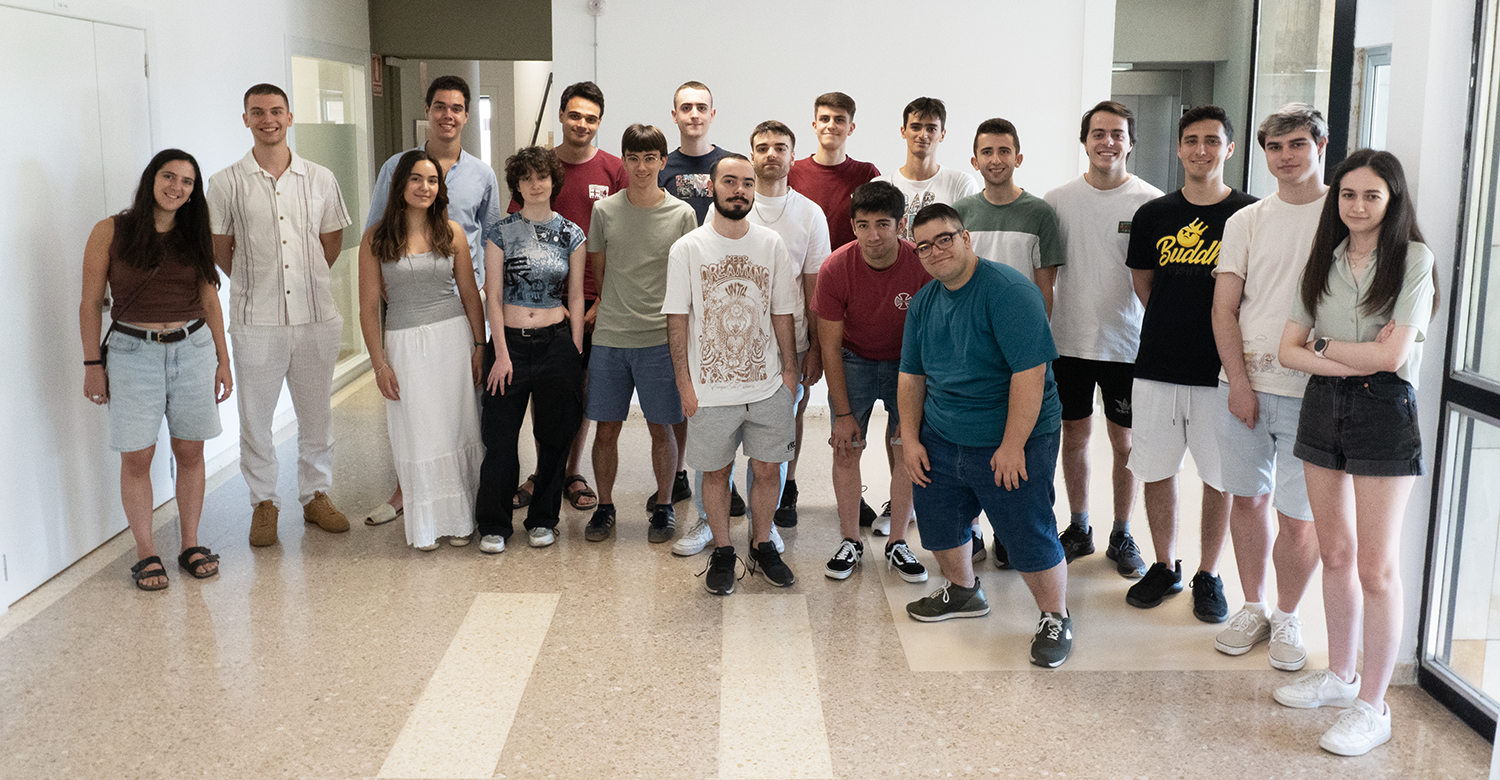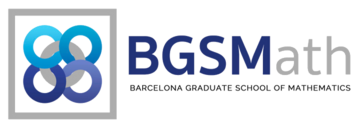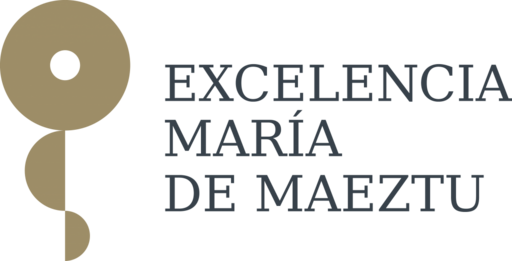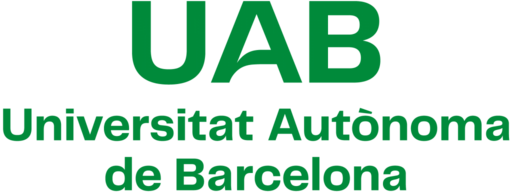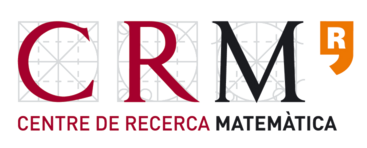BIMR 2025 - Barcelona Introduction to Mathematical Research
Sign into July 25, 2025
LOCATION: UAB
Room: C0/-134
SCHEDULE
Introduction
This new edition of the ‘Barcelona Introduction to Mathematical Research’ Summer School, now under the BGSMath, aims to attract students in Mathematics (mainly in their 3rd or 4th year), from any University (in Barcelona or elsewhere) into the first steps in mathematical research in different disciplines.
The students will participate in the following activities:
1) Working on a research project in Mathematics during the month of July. This will be done under the supervision of an Advisor/Tutor, and may consist of reading one or a few research papers (or book chapters), or working on a small open problem.
2) Attendance to the Minicourses on Introduction to Research that will take place during the weeks of June 30-July 4 and July 7-11.
3) Attendance to the Round Table: ‘Academic career in mathematical research: what to do and when’ and a General Public talk (topic still to decide), that will take place during the afternoon in mid-July.
4) Participation in weekly social events (coffee breaks during the minicourses, and one social pizza evening for each of the four weeks of the program).
Research Project
The students will work on a research project in Mathematics during the month of July 2025.
This will be done under the supervision of a senior Advisor, and will consist of reading one or a few research papers (or book chapters) and/or working on a small open problem.
A committee will assign the students to their senior Advisors based on the preferences of both.
LIST OF PROJECTS AND ADVISORS
Each of these courses will be 4h or 5h long, and will take place at Universitat Autònoma de Barcelona (UAB).
Introduction to Stallings Automata and the Geometry of Subgroups of Free Groups
The theory of Stallings automata offers a geometric and highly effective way to study subgroups of free groups, especially when these are finitely generated. Originally rooted in topology—as coverings of a bouquet of circles—this perspective has evolved into a combinatorial, algorithmic approach that simplifies many classical problems.
This mini-course introduces students to free groups and their subgroups, emphasizing Stallings techniques through intuitive, graphical methods rather than technical formalism. It presents algorithms suitable for implementation, making the subject accessible with only basic knowledge of algebra and graph theory.
The course includes key results such as the Nielsen–Schreier Theorem, the decidability of the Membership Problem, the Schreier index formula, the Howson property, and the Hanna–Neumann inequality, reflecting both foundational and current research in this active area.
Enric Ventura | Universitat Politècnica de Catalunya
Jordi Delgado | Universitat Politècnica de Catalunya
Slides
Markov chains, mixing times, and their applications
In this course, we will provide an introduction to the theory of discrete Markov Chains, a class of simple stochastic processes characterized by the memoryless property. Under certain technical conditions, these processes are known to converge to a unique equilibrium state. A central topic of discussion will be the time required for this convergence, captured by the concept of mixing time. The spectral and geometric properties of the chains will play a crucial role in determining whether mixing occurs rapidly. Throughout the course, we will explore a variety of examples, including random walks on different graphs and applications in both Statistical Physics (e.g., simulations and spatial properties of spin systems) and Theoretical Computer Science (e.g., sampling and approximation algorithms).
Guillem Perarnau | Universitat Politècnica de Catalunya – Centre de Recerca Matemàtica
Singular Integrals, Hausdorff measures and capacities
This introductory course offers a guided exploration into fundamental tools and concepts at the intersection of harmonic analysis, geometric measure theory, and potential theory. We begin by introducing Calderón-Zygmund singular integrals and studying some of their properties. We then develop the theory of Hausdorff measures, exploring their use in quantifying the size and dimensionality of fractal and irregular sets. Finally, we discuss various notions of capacities -including Riesz and analytic capacities, as well as capacities associated with various partial differential equations- which are useful in potential theory and the study of removable sets. The course aims to provide both theoretical foundations and key examples, making it suitable for the students attending BIMR 2025.
Laura Prat | Universitat Autònoma de Barcelona
Slides
Mathematical modelling of cancer as an ecological and population dynamics system
Tumours are microcosms of evolution. Within a them, a plethora of mutant cells compete for space and resources, strive for evasion of predation by the immune system, and can even cooperate to disperse and colonize new organs. The evolution of neoplastic cells explains both why we get cancer and why it has been so difficult to cure. For some years now, the tools of ecology are providing new insights into cancer progression and its clinical control. In these lectures, I will review some of the current progress of ecological models of cancer.
Tomás Alarcón | Centre de Recerca Matemàtica
- Round Table: ‘Academic career in mathematical research: what to do and when’.
- Weekly social events: coffee breaks during the minicourses, and a social pizza evening each week of July.
The CRM offers accommodation fellowships for the month of July for students who live outside the Barcelona metropolitan area. IF you are interested, please choose the relevant option in the APPLICATION FORM below.
To participate in the school it will be necessary to fill in the APPLICATION FORM below by April 6, 2025.
Resolutions: wil be sent by April29, 2025
The selection of applicants will be done based on the information included in the following documents to be uploaded when filling in the APPLICATION FORM:
-
- CV.
- Academic transcript.
- Expression of interest letter.
- Names and email addresses of two professors that are ready to give more information about your studies if asked. Remember to ask you references before giving their names. Include these names to your CV as “References”.
Applications will open: March 25, 2025.
Application deadline: April 6th
Resolutions: by April 29th
Summer Program: June 30th – July 30th 2025.
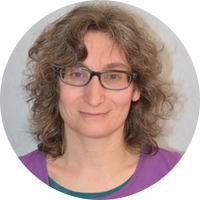



Universitat Autònoma de Barcelona – CRM
Universitat Autònoma de Barcelona – CRM
Universitat de Barcelona – ICREA – CRM
Universitat Politècnica de Catalunya – CRM
BIMR 2024
BIMR 2023
BIMR 2022
|
For inquiries about this event please contact the Scientific Events Coordinator Ms. Núria Hernández at nhernandez@crm.cat
|
scam warning
We are aware of a number of current scams targeting participants at CRM activities concerning registration or accommodation bookings. If you are approached by a third party (eg travellerpoint.org, Conference Committee, Global Travel Experts or Royal Visit) asking for booking or payment details, please ignore them.
Please remember:
i) CRM never uses third parties to do our administration for events: messages will come directly from CRM staff
ii) CRM will never ask participants for credit card or bank details
iii) If you have any doubt about an email you receive please get in touch


